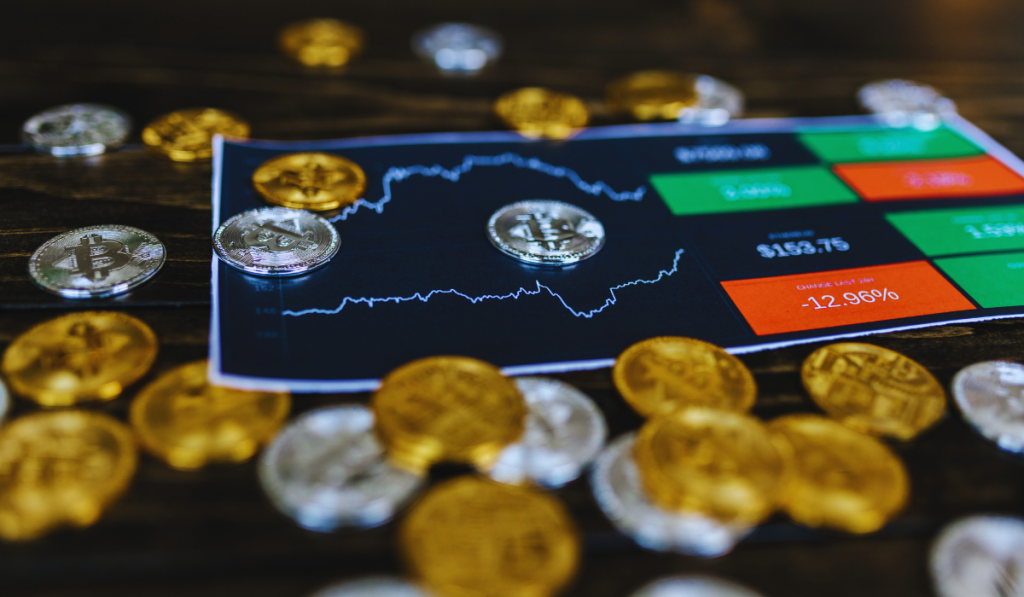How to Start Trading ? A Clear Road Map For Novices
Trading is no longer only a high-stakes game for Wall Street financial whiz-kids. Daily, folks from all walks of life are discovering how to start trading straight from their laptops or cellphones in the world of today. If you know where to start, the market is open, and possibilities are all around.
Don’t worry if you want to start trading but find yourself overwhelmed by all the technical language and jargon. The fact is that everyone can begin with the correct attitude, tools, and fundamental knowledge of how markets function. This post talks you through the key actions on how to start trading in a straightforward, methodical manner that really makes sense.

Know Actually What Trading Is All About
Knowing what trading entails can help you decide whether to invest one dollar. Trading is purchasing and selling financial assets—stocks, forex, cryptocurrencies, and commodities—with an eye towards profit. Unlike long-term investing, trading is sometimes more short-term and entails regular transactions.
Buy low, sell high is the fundamental concept. Benevolent simplicity, however, belies a system requiring strategy, risk control, and ongoing education.
Select Your Market Strategically
There are numerous kinds of financial marketplaces available for trading, and each one has unique guidelines, hazards, and benefits. The most regularly used marketplaces where novices usually start trading are briefly listed here:
- Purchasing and selling company shares make up the stock market.
- Forex, or foreign exchange, trading USD, EUR, JPY.
- Digital assets, including Bitcoin, Ethereum, etc., constitute cryptocurrencies.
- Commodities: Physical objects such as agricultural produce, gold, or oil.
- Indices: Investing in the performance of a collection of equities, like the S&P 500.
If you’re not sure where to start trading, choose a market you know or are already interested in. Particularly in the early years of studying, passion keeps you constant.
Clearly State Your Objectives and Expectations.
One cannot get rich quickly by trading. Many enter anticipating overnight success and are let down. The truth is that good trading calls for time, patience, and constant learning.Develop reasonable objectives. Perhaps your initial goal is just to learn while breaking even. That is just fine. More significant is developing a schedule and accumulating experience over time.
Study the Foundations Before Taking Real Money Risk
Beginning traders often make one of the most frequent mistakes: going in without knowing the fundamentals. Though they sound perplexing now, terms like “leverage,” “stop-loss,” “spread,” or “margin” are crucial knowledge.
- Beginning with these fundamental subjects:
- The ways in which order types function—market orders against limit orders
- What are price charts, and how should one interpret them?
- Essential tools for basic technical analysis
- Value of basic events and news
One may find a lot of low-cost, free materials here. Practice trading in real-time risk-free with demo accounts. Many sites provide simulated portfolios to help you become acquainted to how everything operates prior to making actual investments.
Choose a respected broker or trading platform
You either need a trading platform or a broking account to begin trading. Your market gateway is this. Not all brokers are made equal, hence selecting the correct one may influence everything including your user experience and revenues.
- Here is what to search for in a trading platform fit for beginners:
- Easy-to-use interface
- Tight spreads and low fees
- Excellent tools for learning and client support
- Control and integrity
- Availability of Demo accounts
Simplifying the trading path is something JoinX Capital values. Our platform offers an easy interface, together with instructional resources that enable newcomers to go boldly from students to real traders.
Create a rudimentary trading plan
A trading strategy is a set of guidelines that direct your decisions: when to purchase, when to sell, and how much to risk. Trading becomes gambling without a strategy. One allows you to work on a rational, repeatable plan.
You do not need a sophisticated algorithm if you are just starting off. Start with something simple, like:
- Trade just one or two markets, say Apple stock or EUR/USD.
- Consult basic technical indicators (such as RSI or Moving Averages).
- Keep to one timeframe—that of an hourly or daily chart.
- Risk just 1–2% of your capital per trade.
- As you get more experienced, you may hone your approach and progressively add complexity.
Mastery of Risk Management
Without stressing the need of risk control, no tutorial on how to start trading would be whole. Professional traders also lose transactions; the secret is to control losses such that one poor day does not wipe you out.
Certain basic guidelines to abide by:
- Control your downside using stop-loss orders.
- Never expose more than you can afford to lose.
- Invest all of your cash in one deal.
- Control your emotions; your two adversaries are fear and greed.
Staying in the game long enough should allow one to learn and develop. Good risk management allows you to trade another day, even if you strike a few losses on the way.
Track and Go over Every Trade
One of the most underappreciated behaviours in trading is maintaining a trading notebook. Track every trade, including your motivations, what transpired, and lessons learnt. This enables you to see trends in your trading both winning and losing.
This feedback loop is what sharpens your edge and guides you towards wiser, more self-assured judgments over time.
Maintain Consistency and Continue Learning.
Maintaining consistency comes next once you know how to start trading. Markets change; tactics change; new tools become available. The finest traders are those who make a constant learning commitment.
Read books, follow respectable trading blogs, join groups, and keep current with financial news. Like any ability, trading is one which develops with time and experience.
